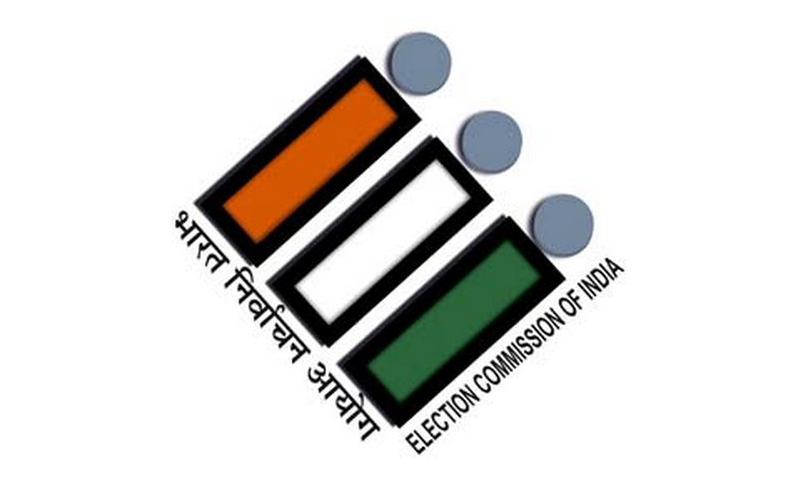Chandigarh: In a joint exercise conducted on Wednesday by the civil administration and police authorities, as many as 83 polling stations in 60 locations have been identified as ‘critical’ and 2,923 polling stations in 1,419 locations as ‘vulnerable’ ahead of the Assembly polls on October 21.
Giving this information here, Additional Director General of Police, Law and Order, Navdeep Singh Virk said: “The proper security arrangements for peaceful and incident-free polling are being made, including the identification of critical and vulnerable polling stations across the state, which is a very important exercise in this regard.”
The state has a total of about 19,500 polling stations in 10,309 locations. It goes to polls on October 21. The counting of votes will take place on October 24.
“All such polling stations would be covered by either deployment of Central Paramilitary Forces, micro observers, webcasting, etc., or a combination of these,” he said in a statement.
There are 14 critical polling stations in Kurukshetra district, 10 each in Hisar and Palwal, 7 each in Mewat, Hansi, Sirsa and Panipat, 5 each in Jind and Bhiwani, 3 each in Yamunanagar and Dadri, two in Mahendergarh and one each in Gurugram and Kaithal.
Similarly, Mewat has a maximum number of vulnerable polling stations 342, Gurugram 308, Sirsa 292, and Jhajjar 254. As many as 199 polling stations in Faridabad have been identified as vulnerable, 143 in Panipat, 142 in Ambala, 141 each in Rohtak and Fatehabad, 119 in Kurukshetra, 98 in Panchkula, 78 in Yamunanagar, 29 in Kaithal, 24 in Karnal, 64 in Sonipat, 29 in Jind, 49 in Hisar, 46 in Hansi, 85 in Bhiwani, 91 in Dadri, 107 in Mahendergarh, 60 in Rewari and 82 in Palwal.
As per the Election Commission of India guidelines, a booth which has witnessed 90 per cent of voting and more than 75 per cent of polling recorded in favour of a single candidate such polling station is put in the category of critical polling stations.
The polling station or the areas where voters can either be intimidated or influenced to vote using unlawful means are regarded as vulnerable.
“The district authorities are required to take and follow up action both prior to the polls and even on the polling day to ensure free and fair polls are conducted in the vulnerable areas or polling stations,” the statement further quoted Virk, as saying.

